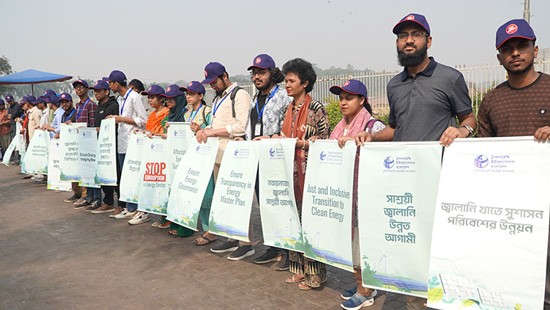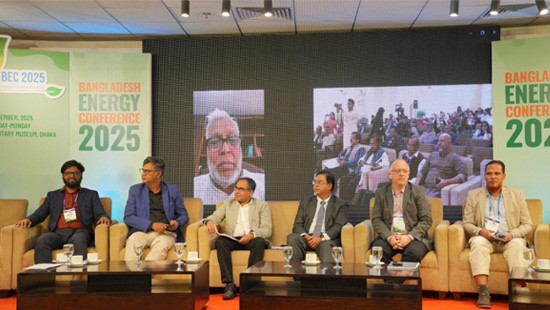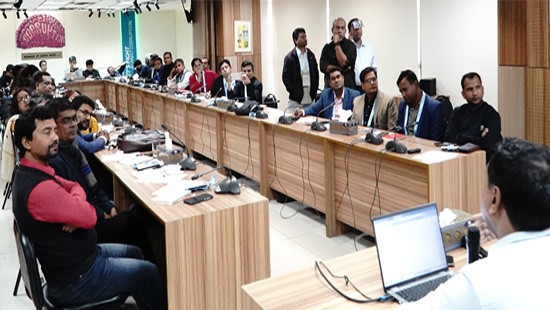Published: 30 July 2024
TIB, in collaboration with the Anti-Corruption Commission (ACC), has conducted a day-long training session at its Dhanmondi office to provide Anti-Corruption officials with research skills. The training is a follow-up session for the Anti-Corruption Commission (ACC) officials, which focused on the "basics of research methodology." Ten ACC officials participated in the training.
The training concentrated on a variety of topics, including the definition of research, the comprehension of sampling, the methods of data collection, data coding and transcription, data analysis, triangulation and validation, and report preparation.
The ACC, an officially autonomous entity of Bangladesh, plays a significant role in the country by investigating the corruption issue. The TIB anticipates that the ACC will be better prepared to identify corruption and implement stringent measures in order to eradicate it as it works to fulfill its mandate.
Research: A preventive measure to combat corruption
Dr. Iftekharuzzaman, the Executive Director of TIB, emphasized the significance and relevance of research in the ACC's operations, stating, "We aspire to have a more robust and well-equipped research wing." In general, we anticipate that the ACC will be more effective in implementing anti-corruption measures. It is logical and generally anticipated that the primary responsibility of the ACC is to identify corruption and ensure that those responsible are held accountable. Conducting research is one of the preventive measures that the Anti-Corruption Commission (ACC) implements to combat corruption, as stipulated in the Anti-Corruption Commission Act. TIB is consistently available to provide research support to the ACC, as it is the primary stakeholder for the ACC and was involved in the Act's development. Two critical components are required for the viability of an institution such as ACC, as demonstrated by international experience. These two crucial components are the proof that research is significant: robust preventive measures and vigorous executive measures.
TIB's Adviser to Executive Management, Prof. Dr. Sumaiya Khair, emphasized the importance of theoretical knowledge in the conduct of effective research and in the execution of professional responsibilities. She also encouraged further study and research in the field of corruption. She recommended that they locate and read literature on corruption in order to expand their comprehension of the subject and its associated issues. This would enable them to delve deeper into the subject and make a more significant impact with their work.
TIB Outreach & Communication Director Mohammad Tauhidul Islam emphasized the importance of fostering a proactive mindset by encouraging individuals to implement the knowledge they have acquired in their professional environments. Despite the potential for challenges and rejection, they must establish a framework within which to address a specific issue, and the primary investigation should commence. In addition, he underscored the significance of open data sources and encouraged them to continue their exploration by utilizing these sources to document corruption-related Information.
TIB Research & Policy Director Muhammad Badiuzzaman reiterated his call for ACC officials to implement their knowledge in their workplaces with a resolute attitude. He stated that the utmost benefit of the training must be obtained by properly implementing the knowledge that has been acquired. He also noted that this approach would be advantageous to both ACC and the general public.
The training session was conducted by TIB Senior Research Fellow Shahzada Akram and Mahfuzul Haque, while the event was inaugurated by TIB's Adviser to Executive Management, Dr. Sumaiya Khair.











